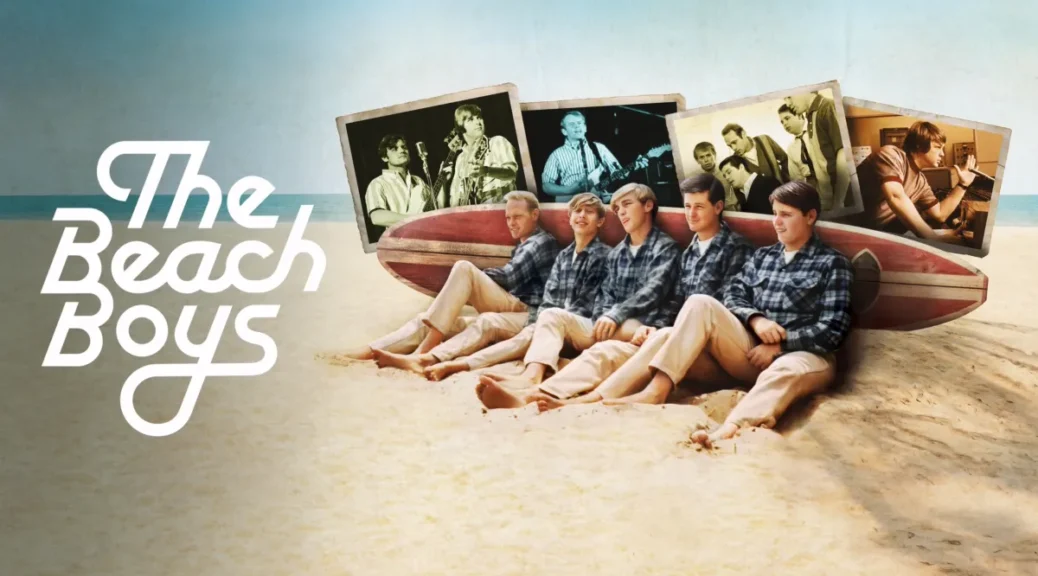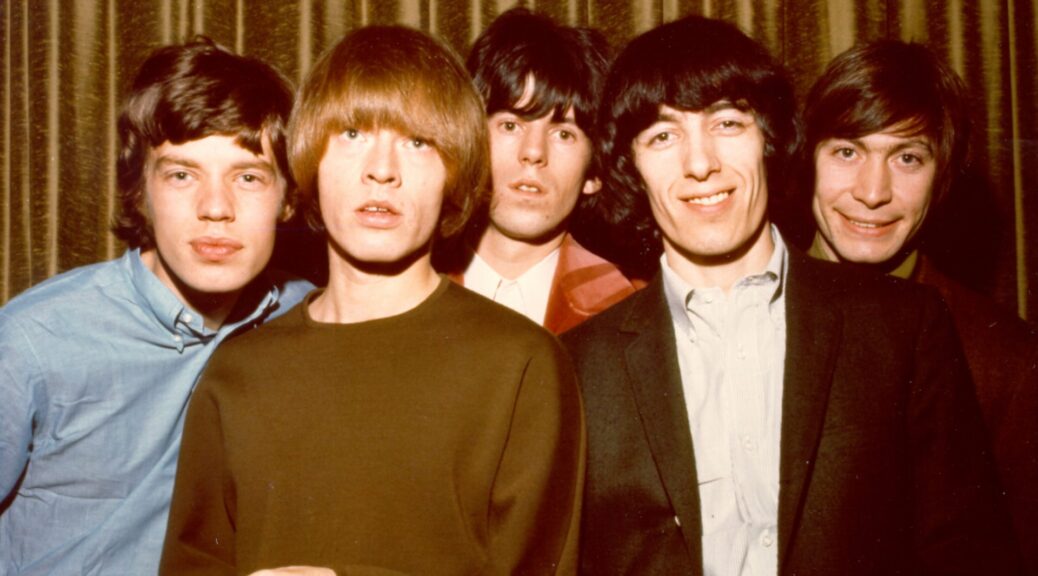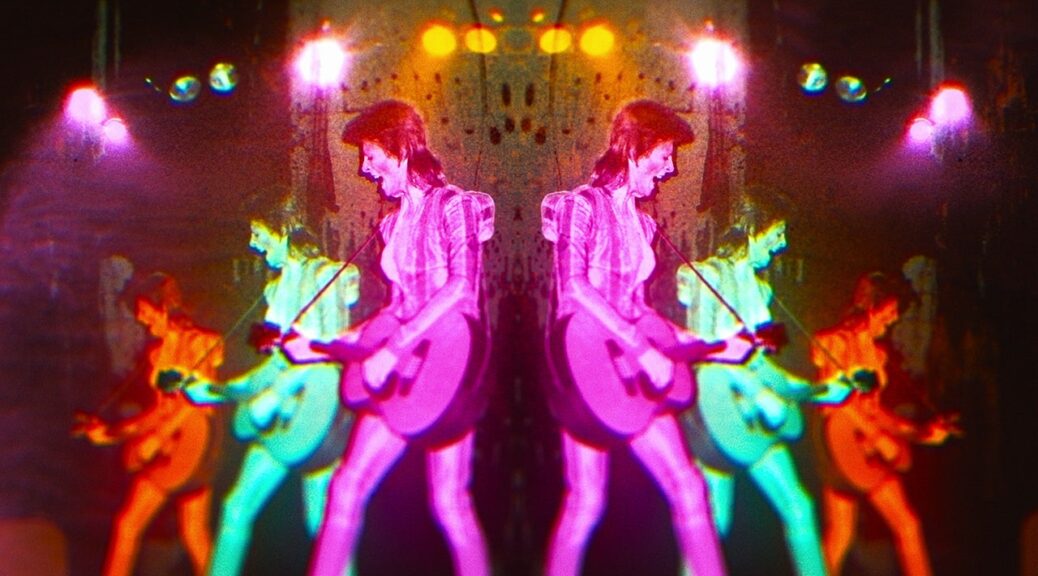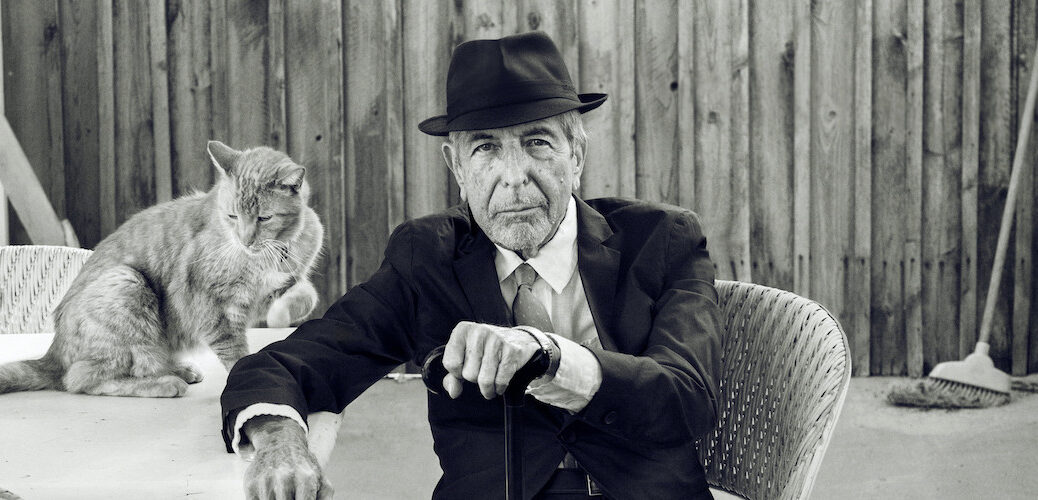The Beach Boys
by George Wolf
Only one of The Beach Boys even knew how to surf. They had a fateful encounter with Charles Manson. Glen Campbell was a member for a short time.
Casual fans may hear some surprising new stories in Disney’s The Beach Boys, while longtime devotees will get a respectful and well-crafted overview that favors family over friction.
That family legacy started with California brothers Brian, Dennis, and Carl Wilson, cousin Mike Love and friend Al Jardine in the late 1950s. Neighbor David Marks joined for the first four albums before domineering family patriarch Murry Wilson forced him out. Campbell was the first to become a touring replacement while Brian stayed home to work his magic in the studio. When Campbell’s solo career took off, Bruce Johnston stepped in “for two weeks” and never left.
Directors Frank Marshall (From the Earth to the Moon, Jazz Fest: A New Orleans Story) and Thom Zimny (various Springsteen docs and videos) weave interviews old and new, archival footage and iconic music into a compelling pop culture tapestry.
Major sources of conflict in the band’s history – Murry’s bullying, Brian’s mental health and Mike Love’s ego – are addressed but not stressed. Instead, the film spotlights the importance of each individual contribution, and how they blended for a sound that can never be duplicated.
Music historians and contemporaries such as Don Was, Lindsey Buckingham and Janelle Monáe discuss how that sound defined a “California dream” that called to them and countless others. We see a creative rivalry with the Beatles, and how the cultural revolution of the late Sixties favored the Fab Four, while the Beach Boys popularity waned until 1974’s “Endless Summer” compilation hit #1 and reignited demand.
But much like a scaled-down version of Peter Jackson’s Get Back, The Beach Boys gleans insight from going into the studio, starting with Brian’s description of how his early obsession with the Four Freshmen led to building his vision of what the Beach Boys could do. Rare audio snippets of Brian producing are layered between interviews with legendary “Wrecking Crew” studio musicians such as Hal Blaine and Carol Kaye detailing how they came to realize Brian’s genius.
Then, an older but matter-of-fact Brian sits at a studio console, proudly isolating tracks to reveal the separate pieces of beauty required to create a wonder like “God Only Knows.” Joyous.
And that’s really the simple message The Beach Boys wants to leave us with, culminated by a tender and tearful surfside reunion. Strip away the infighting, the lawsuits, the drug use and the drama, and you find family, each member an integral part of finding that perfect, indelible harmony.












